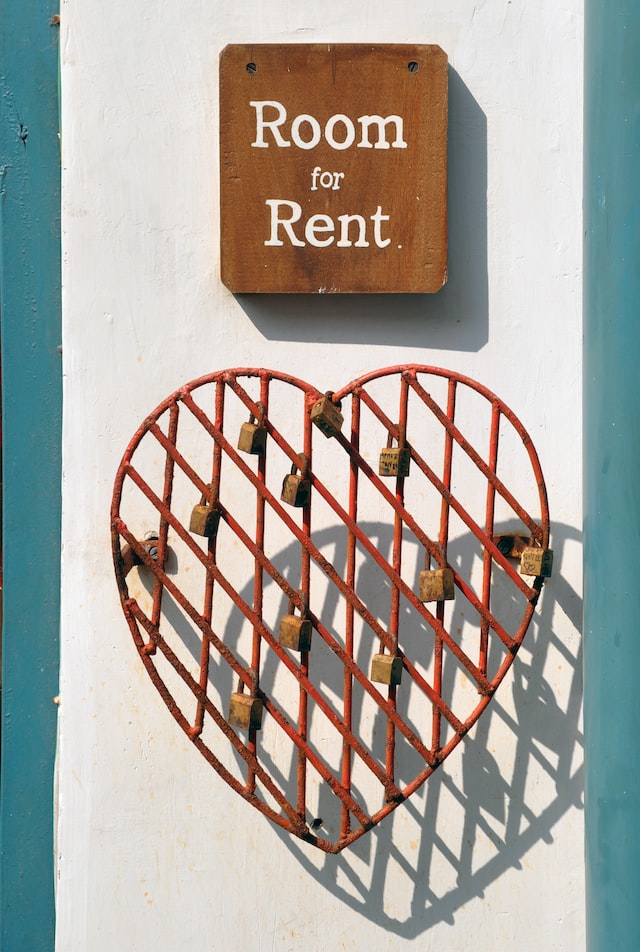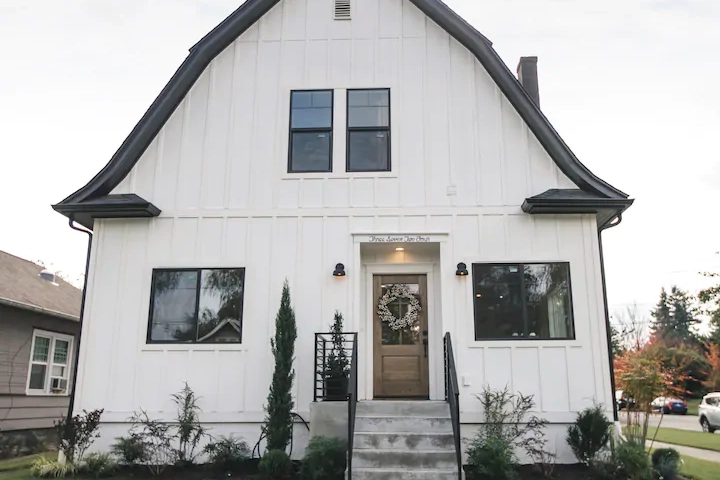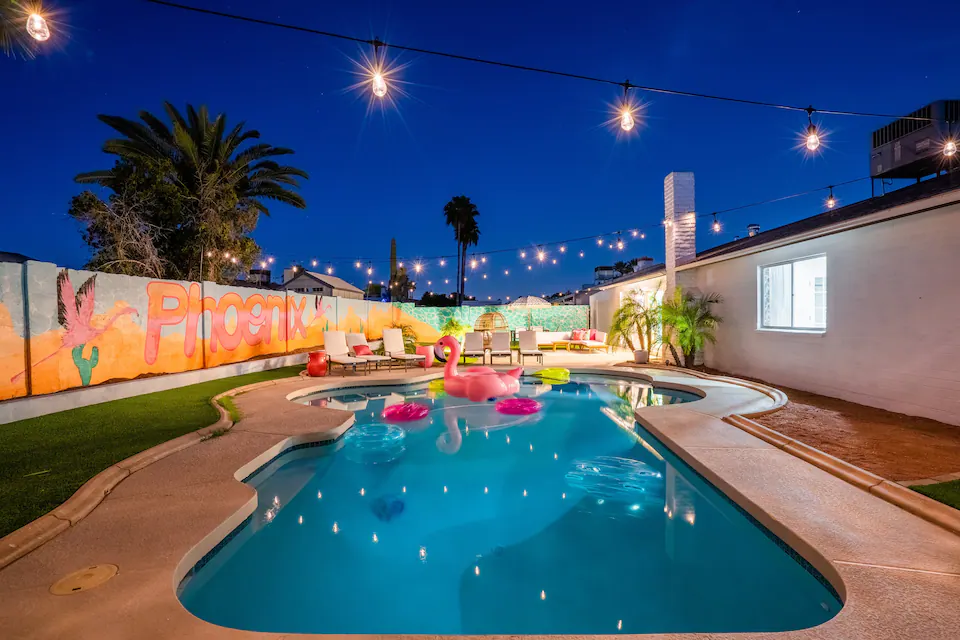Arizona Laws Short-Term Rentals


Written by Norman Diokno
Arizona is considered a popular vacation destination because it has some of the best weather in the country. Thus, many property owners are hosting visitors in their homes for a short time.
Arizona’s short-term rentals have increased by more than 50 percent in recent years. Because of this, Arizona laws on short-term rentals have been made to address this growing business.
If you’re planning to travel and start renting your home to vacationers, or you might want to create an STR company, then you might want to read and understand the rules and regulations for short-term rentals in Arizona.

What Are Short-term Rentals
Short-term rentals, or vacation rentals, are furnished properties rented out for a shorter period to guests that aren’t in the area for very long. Short-term rentals do not include nonresidential units.
The duration for a short-term rental in Arizona varies from one night to less than thirty-one days.

furnished properties rented out for a shorter period to guests that aren’t in the area for very long

How Do Short-term Rentals Work
Before renting out to Airbnb or Vrbo, you should determine the rules needed to operate an STR in your city or county.
1. LICENSE
In Arizona, the law on short-term rental has categorized only these properties that can obtain licenses before legally offering a short-term rental.
- Hotels
- Motels
- Vacation Condominiums
- Apartment Buildings
- Homeowners
- Guesthouse
- Bed and Breakfasts
Before being issued a permit, the property owner must be able to provide the following details:
- Name, address, phone number, and email address of the owner or owner’s agent.
- Address of the short-term rental.
- Proof of compliance with section 42-5005.
- Contact information is required.
- Acknowledgment of an agreement to comply with all applicable laws, regulations, and ordinances.
- A fee not exceeding the actual cost of issuing the permit or license or $250.
2. NOTIFY
A property owner or designee who rents a vacation or short-term rental must first contact and notify all single-family residential properties that are in the same development, across the street from, directly, and diagonally across the street from the vacation or short-term rental.
3. DISPLAY
A property owner or designee must display the local regulatory permit number, license number, or TPT license number on each vacation or short-term rental advertisement.
4. LIABILITY
Require the vacation or short-term rental to maintain liability insurance appropriate to cover the vacation or short-term rental or to advertise and offer each rental or short-term rental through an online lodging marketplace that provides equal or greater coverage.

the safari farmhouse
$658 / night
3 bedrooms. • 4 Beds • 2 Baths
pheonix, az

the pink flamingo
$252 / night
3 bedrooms • 5 beds • 2 baths
phoenix, az
Laws For Short-Term Rentals In Arizona
The laws for short-term rentals in Arizona are changing. If you own or want to start a vacation or short-term rental, you need to keep up with the latest information.
In 2016, Senate Bill 1350 was passed in Arizona. This bill prohibited counties, cities, and towns from banning vacation rentals. The state also limits how local governments can regulate short-term rental operations.
Senate Bill 1168, passed in 2022, regulates short-term rentals in Arizona by requiring short-term rental owners to obtain permits and local operating licenses. This allows the local government to suspend permits for a short-term rental property with at least three health and safety violations in 12 months.
Apart from the approved law, local governments can enact regulations covering short-term vacation rentals.
Phoenix
The city council passed an ordinance called Short-Term Vacation Rental Ordinance, requiring all short-term rental owners to register with the city government and Maricopa County.
It requires STR owners to respond to a police inquiry when complaints arise in their homes within an hour of receiving it.
This ordinance is in tandem with the Loud Party Ordinance, which aims to prevent noise pollution and other nuisances from large gatherings and events.
Scottsdale
Scottsdale city code restricts STRs to only six adults and their children. Also, STR owners are not permitted to rent their units to different people, such as a hostel. The city also provided a dedicated police unit for handling nuisance parties at STRs.
Peoria
Short-term rental owners must get an Arizona transaction privilege tax (TPT) license or a sales tax because short-term rentals in Peoria are considered transient lodging and are under the category of hotel/motel with a tax rate of 5.6%.
Tempe
There is also a Short-term Rental Ordinance in Tempe, like in Pheonix. It is required for owners’ short-term rentals to register with the city, update emergency contact, and apply for a TPT.
Arizona Supreme Court Issues New Ruling Protecting Them
In 2016, as previously said, SB1350 was signed into law that authorizes short-term rentals in Arizona. However, there weren’t any guidelines for private parties such as Homeowners Associations (HOA) that could restrict STRs.
The Supreme Court of Arizona has now issued a decision that prevents HOAs from restricting short-term rentals through deed restrictions and covenants conditions and restrictions (CC&RS).
As per the case of Maarten Kalway v. Calabria Ranch HOA, the Supreme Court provided guidelines on the amendment of CC&Rs that effectively prevents HOAs from restricting short-term rentals in Arizona. The ruling states that any modification to the CC&Rs should be valid and reasonable.

